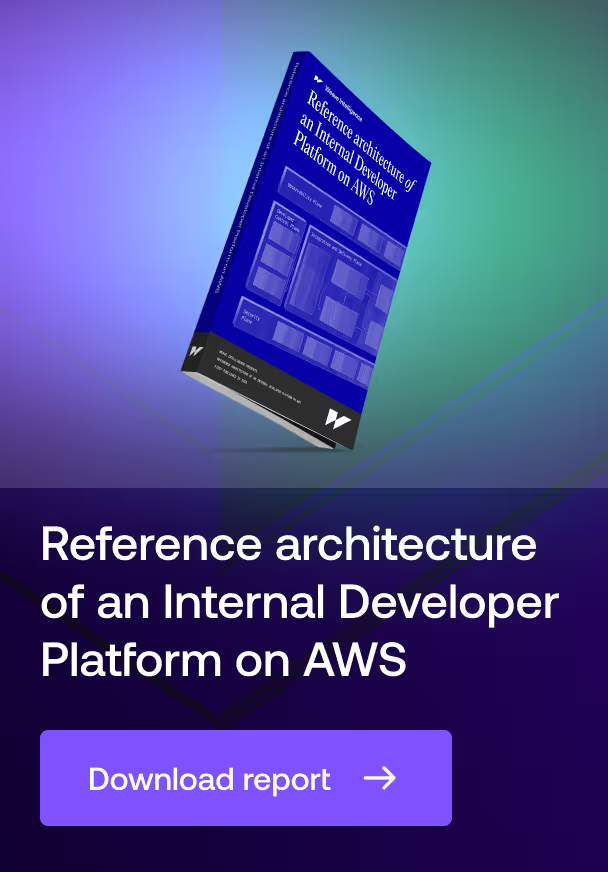
OpsLevel
Profile
OpsLevel is an internal developer portal that empowers engineering teams to access the tools and information they need to quickly build and ship high-quality software. With OpsLevel, developers can self-serve key actions in the software lifecycle, and platform teams can ensure best practices and standards are baked into everything from the start.
Foundational to OpsLevel is a robust software catalog that provides critical visibility into services, systems, domains, infrastructure resources, repositories, and more. A series of service maturity features gamifies production readiness, helping teams to gradually level up their software to meet their specific standards. Finally, self-serve tools empower developers to create new services from templates and execute operational tasks straight from their portal, streamlining day-to-day workflows.
Focus
OpsLevel’s goal is to solve the modern engineering team’s biggest pain point: the tension between speed and standards. Engineering teams are faced with competing priorities—one wants to move fast and gain autonomy, and the other wants to make sure standards are being met to ensure cost efficiencies and compliance.
Platform engineering teams were established to fill this gap. Their remit is to help product developers move faster with security and reliability constraints baked in. But with an ever-growing set of responsibilities, they too can start to block developer velocity.
OpsLevel provides the platform team with a holistic view of their software ecosystem and ways to equip the rest of the engineering team with the tools needed to move faster.
With OpsLevel, developers can self-serve information and operational tasks from one place without tedious submission processes or having to search for information across internal wikis and spreadsheets. Platform and SRE teams can implement and improve standards without disrupting the development velocity. And businesses benefit from a speedier time to market and reliable, high-quality code.
Background
OpsLevel was founded in 2018 by early engineers from PagerDuty as a service catalog for organizations adopting a microservices philosophy. Having led organizations through the shift from monolith to microservices, the founding team understands how imperative it is for product developers and platform teams to have an up-to-date, accurate view of ownership across their software ecosystem.
OpsLevel has since expanded into an internal developer portal, providing a central portal through which platform teams can roll out new campaigns and initiatives, leadership can monitor overall domain performance, and developers can self-serve more workflows across the software lifecycle. The catalog has grown to include services, systems, domains, infra, repos, and over 40 integrations. And with features to kick off new actions, build services from templates, and try out API calls, developers are able to do more themselves without sacrificing company standards.
OpsLevel main features
Software catalog: an up-to-date, central source of truth
There are various ways to automate your software catalog creation and maintenance, ensuring it serves as a complete reference of the services, systems, domains, infra, repos, and third-party integrations in your production environment.
Service maturity: gamifying production readiness
A combination of a health scorecard and both time-bound and evergreen checks ensure your team is incentivized to upgrade their services and help your software meet your organization’s unique standards.
Developer self-service hub: your team’s new homepage
This is where developers go to access service templates and actions to kick off new workflows. They’ll find everything they need to spin up a new service, roll back the last deploy, create a new s3 bucket, and more.






